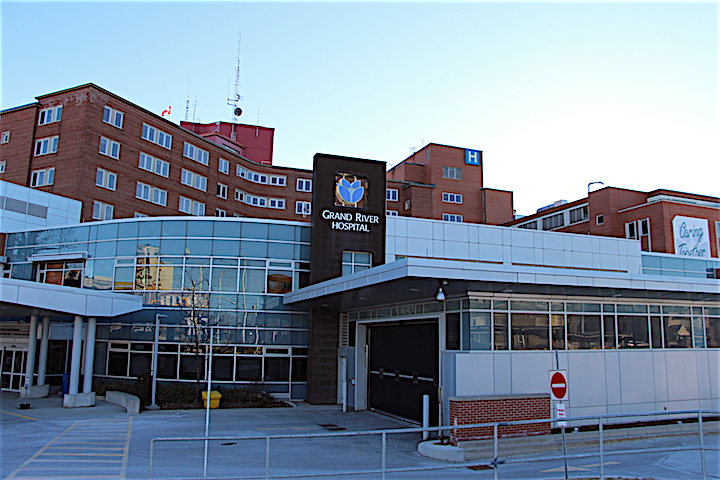With many freshman coming to Waterloo region this weekend to begin their post-secondary education, a Kitchener hospital offering tips to ensure they have a successful collegiate stay.

Grand River Hospital (GRH) emergency program director Jill Schitka says many students may be away from home for the first time, so there are a few things they should be mindful of.
READ MORE: 24-hour crisis text line for students launched at the University of Guelph
The first point would seem simple enough: know your address.
“A lot of students don’t know their exact address. They just know they live in residence on campus.”
She said it is helpful to know what their exact address is in case they need follow-up care.

Get weekly health news
The hospital also suggests that students should have their health card handy and also know the name of their family care provider so any information the hospital collects can be shared.
“Nobody is usually planning to come for an emergency,” Schitka said, noting that is why it is best to have a few things handy, just in case.
The hospital also offers a list of urgent care clinics in Waterloo region on its emergency department wait times page.
READ MORE: Student-led mental health initiatives across Ontario shifting how schools provide supports
Schitka also wants people to be aware that they can turn to Grand River Hospital in case they have mental needs as well as physical.
“It’s OK and understandable that young people may feel stressed,” she explained. “If a situation becomes too much, then we encourage students to seek help right away.”
Schitka also mentioned one way the students can help to ward off physical and mental issues: “Good eating and sleeping habits are surely something students can do to help themselves.”
GRH says people can connect with Here 24/7 if they need mental health or crisis services or aid with addiction issues. The number is 1-844-437-3247 or TTY 1-877-688-5501.
The hospital has crisis extended assessment for mental health emergencies as part of the hospital’s mental health and addictions program.
Many students who are away from home for the first time may also have to take care of any dietary concerns for the first time themselves, as they may have relied on their parents in the past.
“If they have food allergies, they need to make sure they carry an EpiPen and check food labels.”




Comments